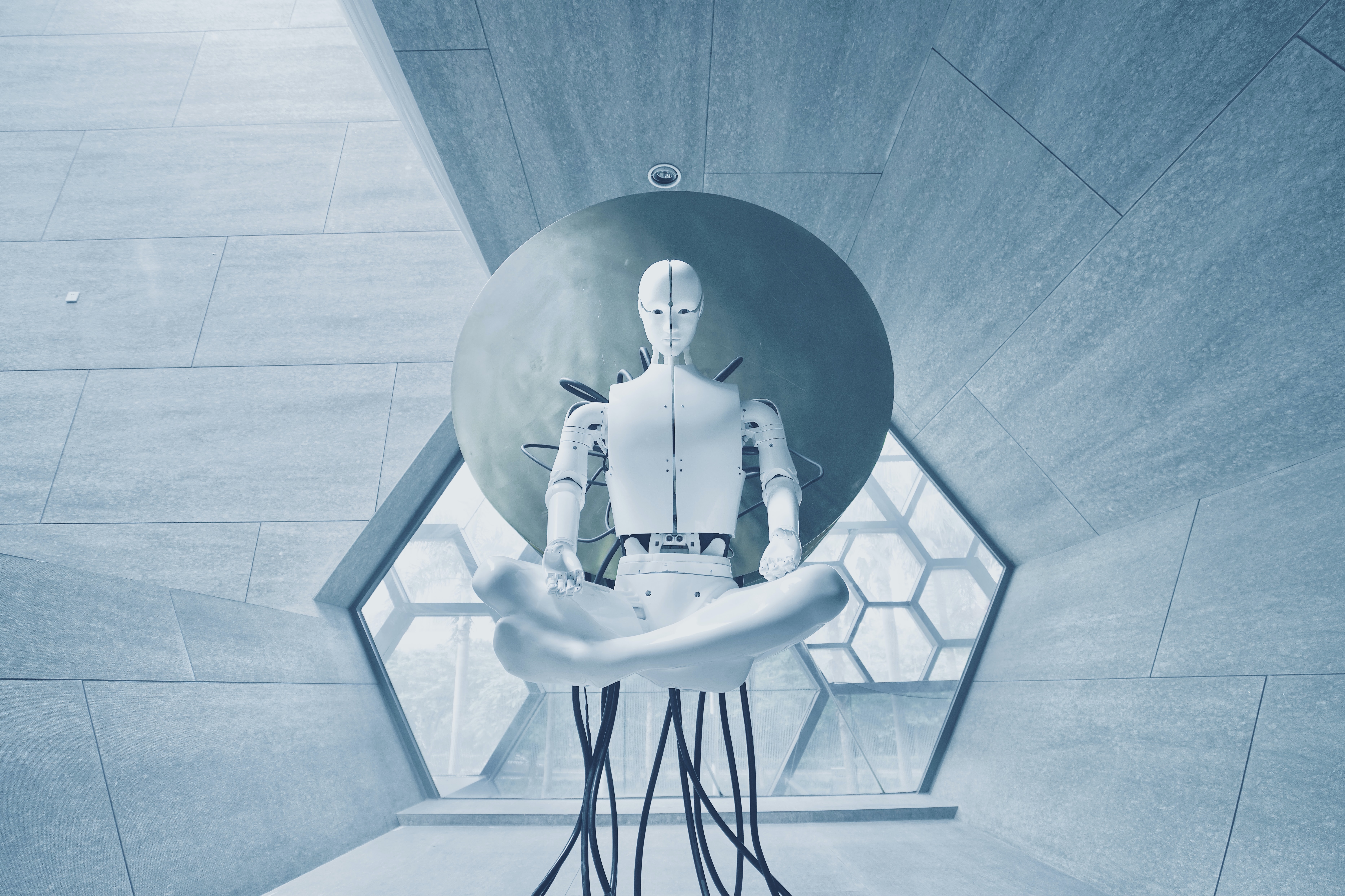As organizations continue to adopt artificial intelligence (A.I.) to enhance their operations and gain a competitive edge, there is a growing debate on the role of human expertise in this field. While A.I. has the potential to automate complex tasks and provide intelligent insights, many are concerned about the possibility of it replacing human experts altogether. However, there is a growing body of evidence suggesting that the combination of A.I. and human expertise can lead to better outcomes than either could achieve alone. In this article, we will explore the role of human expertise in A.I., and how businesses can leverage both technologies to achieve optimal results.
The Importance of Human Expertise in A.I.
The perception that A.I. can completely replace human expertise is misguided. While A.I. can automate certain tasks, it still requires human input to be effective. Human experts play a vital role in training and fine-tuning A.I. algorithms to ensure their accuracy and effectiveness. This is because A.I. is only as good as the data it has been trained on. Human experts can help ensure that A.I. algorithms are trained on high-quality data, and can provide valuable insights to help refine the algorithms over time. Additionally, human experts can help interpret the results of A.I. analyses and provide context and nuance that A.I. may not be able to grasp on its own.
The Role of Human Experts in Training A.I.
Algorithms One of the key ways in which human experts play an important role in A.I. is in training the algorithms that power these technologies. While A.I. algorithms are capable of learning and adapting over time, they require significant amounts of high-quality data to be effective. In many cases, this data needs to be annotated or labeled by human experts in order to be useful for A.I. training.
For example, in the field of natural language processing (NLP), A.I. algorithms are used to analyze large amounts of text data and extract insights from it. However, in order for these algorithms to be effective, they need to be trained on high-quality annotated data. Human experts can help annotate this data by labeling each word or phrase in a way that the A.I. algorithm can understand. This allows the algorithm to learn how to recognize patterns and extract meaning from the text data.
The Role of Human Experts in Fine-Tuning A.I.
Algorithms Another important role that human experts play in A.I. is in fine-tuning the algorithms that have already been trained. Even the most well-trained A.I. algorithm can benefit from being fine-tuned by human experts. This is because A.I. algorithms are not perfect and can sometimes make mistakes or produce inaccurate results.
For example, in the field of computer vision, A.I. algorithms are used to analyze images and identify objects within them. However, these algorithms can sometimes produce inaccurate results or fail to identify objects that are present in the image. Human experts can help fine-tune these algorithms by manually reviewing the results and correcting any errors or inaccuracies. This helps improve the accuracy of the A.I. algorithm over time.
The Role of Human Experts in Interpreting Artificial Intelligence
Results Another important role that human experts play in A.I. is in interpreting the results of A.I. analyses. While Artificial Intelligence algorithms can provide valuable insights and identify patterns that may not be immediately apparent to humans, they are not always able to interpret these results in a way that takes into account the nuances of human behavior and decision-making.
For example, in the field of finance, A.I. algorithms are used to analyze market trends and predict future price movements. While these algorithms can provide valuable insights, they may not always take into account the impact of human behavior on the market. Human experts can help interpret these results by providing context and nuance that A.I. may not be able to grasp on its own. They can help identify potential flaws in the algorithm or help determine how to best apply the insights that A.I. provides in a real-world context. This can lead to more accurate and effective decision-making.
The Benefits of Combining A.I. and Human Expertise
While there is no doubt that A.I. has the potential to revolutionize many industries, the combination of A.I. and human expertise is often more effective than either technology alone. By leveraging the strengths of both A.I. and human expertise, businesses can achieve better outcomes and gain a competitive edge.
One of the key benefits of combining A.I. and human expertise is the ability to scale. While human experts are limited by their own knowledge and experience, A.I. algorithms can analyze vast amounts of data at a scale that is impossible for humans to match. By leveraging A.I. algorithms, human experts can analyze large amounts of data more quickly and accurately than they could on their own.
Another benefit of combining Artificial Intelligence and human expertise is the ability to reduce bias. A.I. algorithms can be programmed to eliminate bias from the decision-making process, but they can also perpetuate bias if they are trained on biased data. Human experts can help ensure that A.I. algorithms are trained on unbiased data and can help identify and correct bias in the algorithms themselves.
Finally, the combination of A.I. and human expertise can lead to better decision-making. A.I. algorithms can provide valuable insights and predictions, but they are not always able to take into account the nuances of human behavior and decision-making. By combining A.I. with human expertise, businesses can gain a more comprehensive understanding of the data and make more informed decisions.
Conclusion
While A.I. has the potential to automate many tasks and provide intelligent insights, human expertise remains a critical component of the equation. Human experts play a vital role in training and fine-tuning A.I. algorithms, and in interpreting the results of A.I. analyses. By combining the strengths of A.I. and human expertise, businesses can achieve better outcomes and gain a competitive edge. The key is to understand the strengths and limitations of both technologies, and to use them in a way that maximizes their potential. As A.I. continues to evolve, the role of human expertise will only become more important in shaping the future of this exciting and transformative technology.


